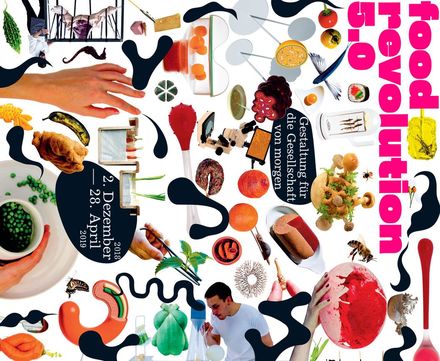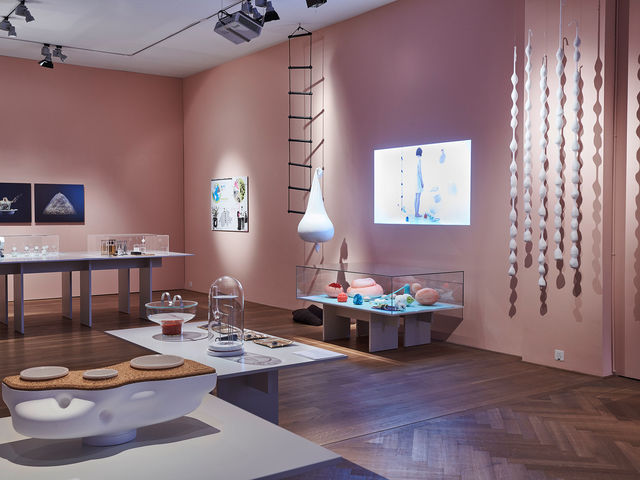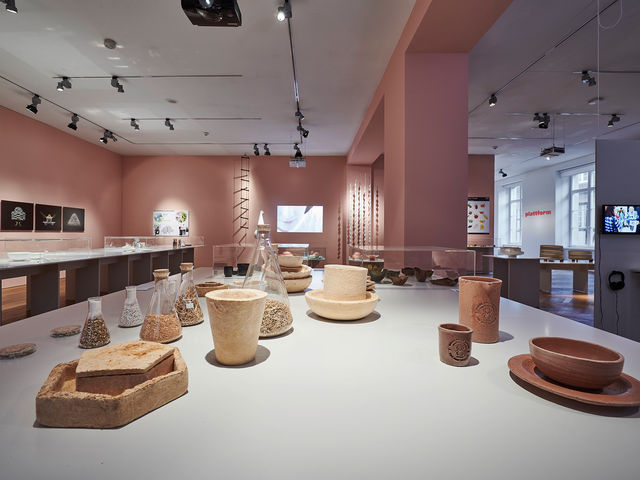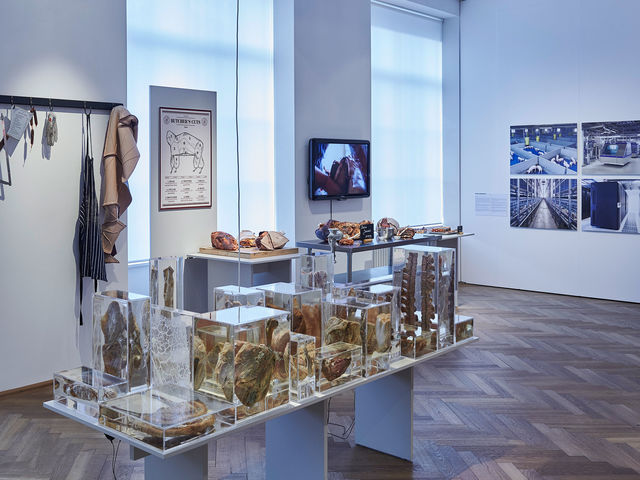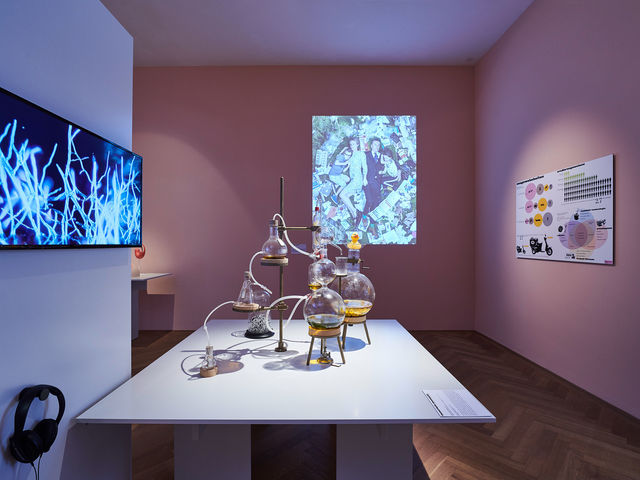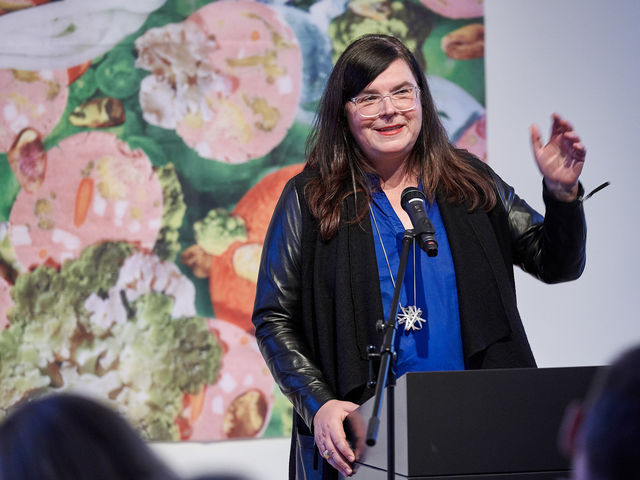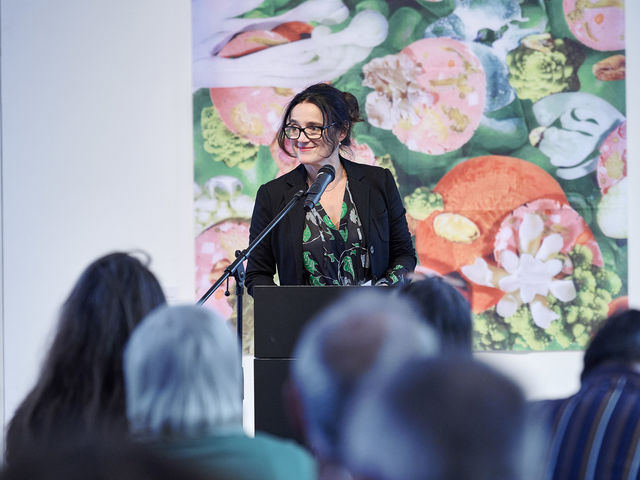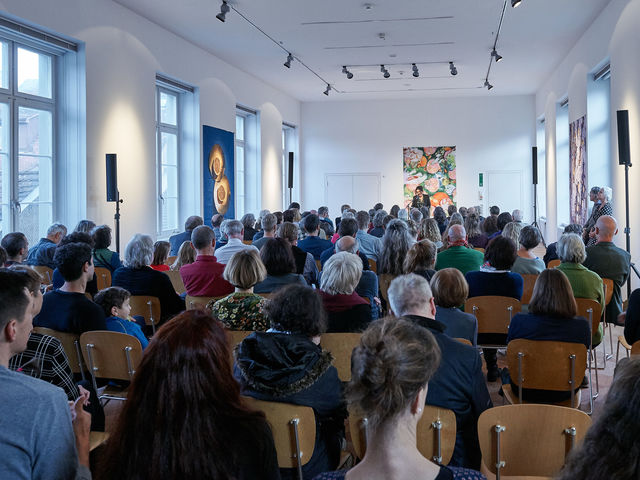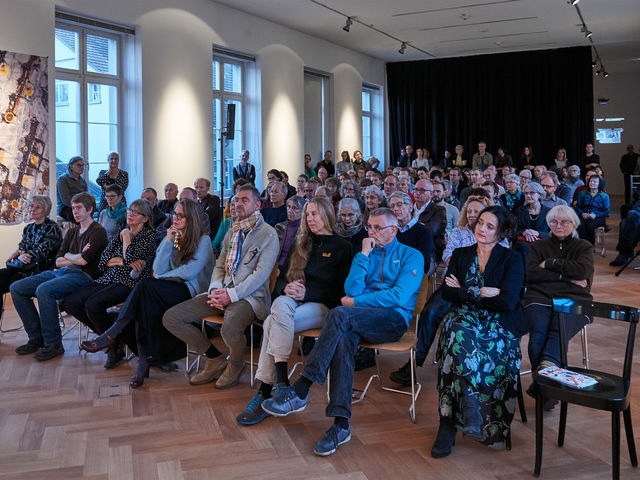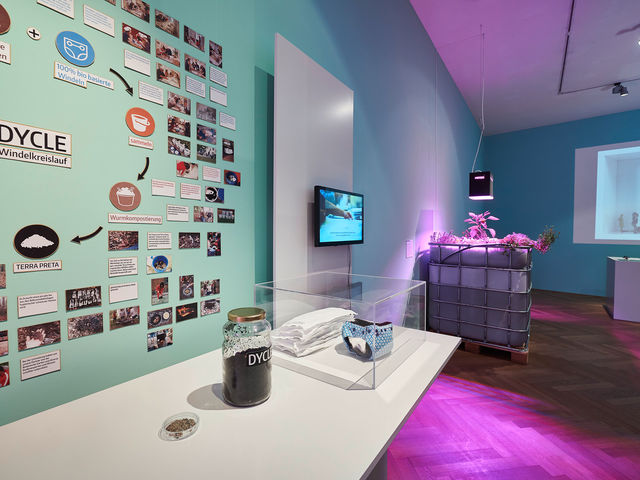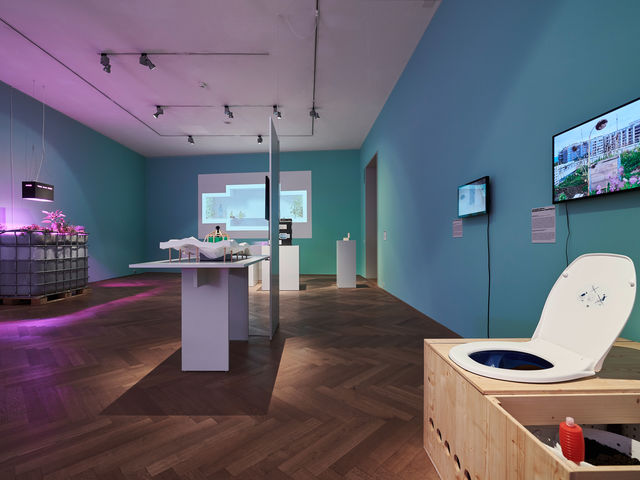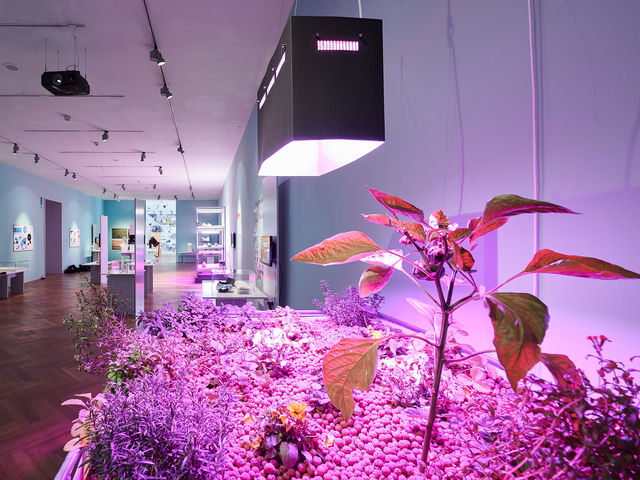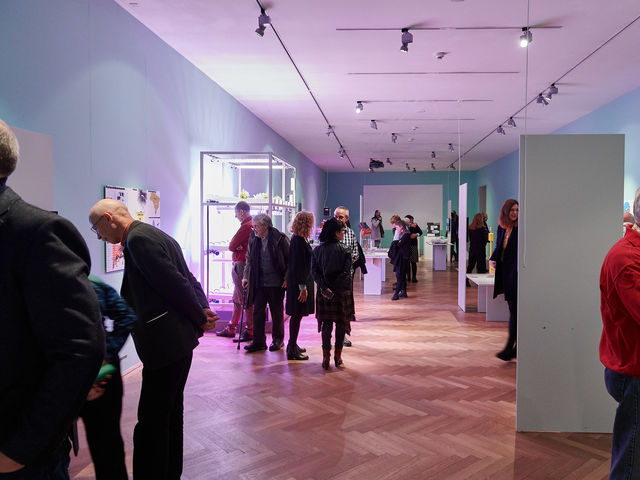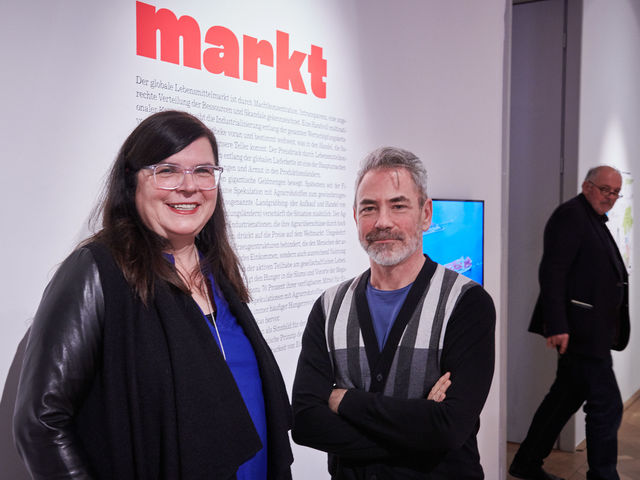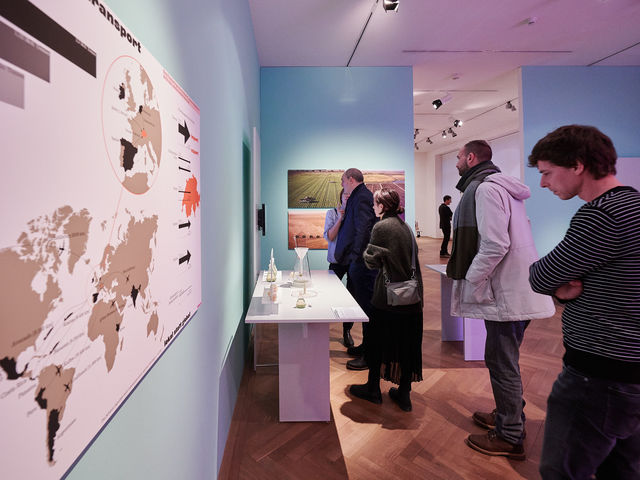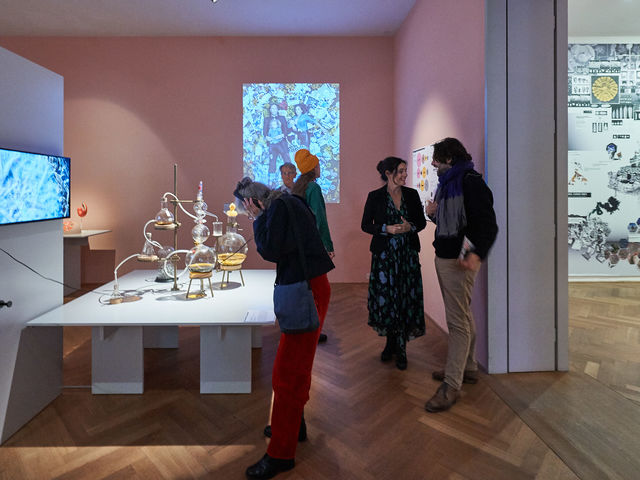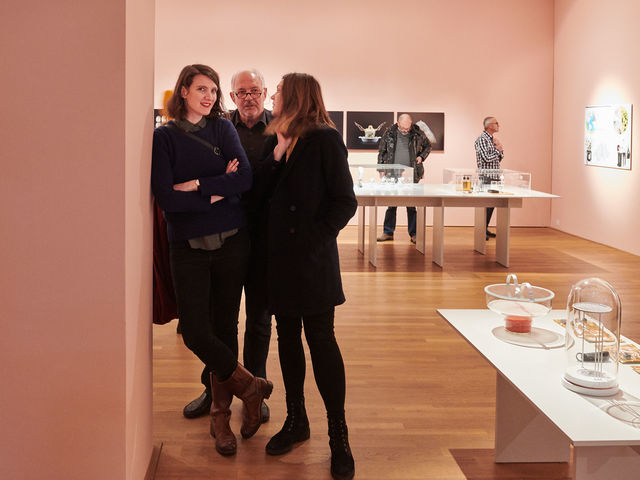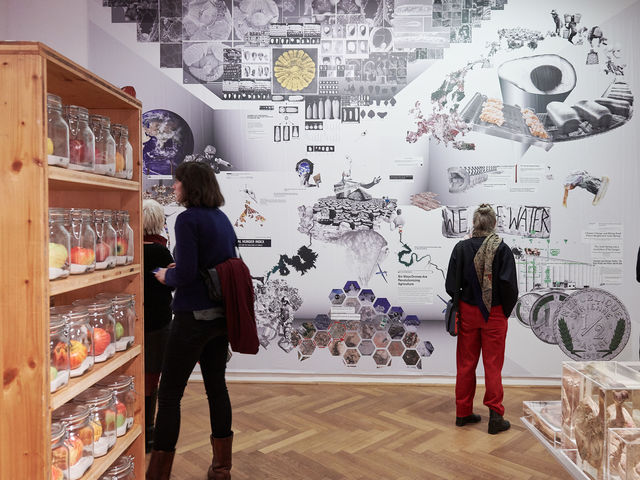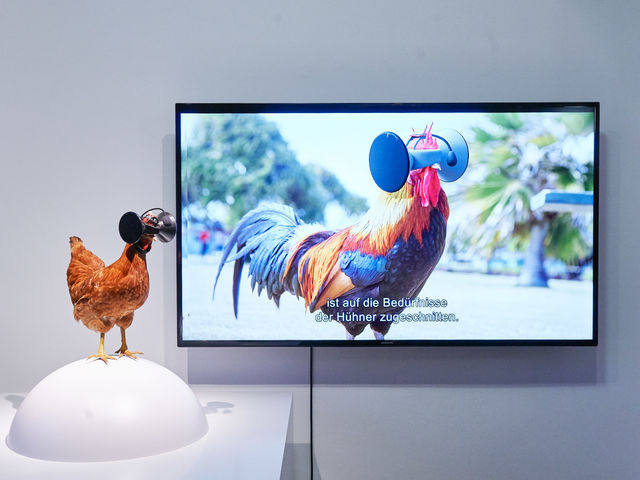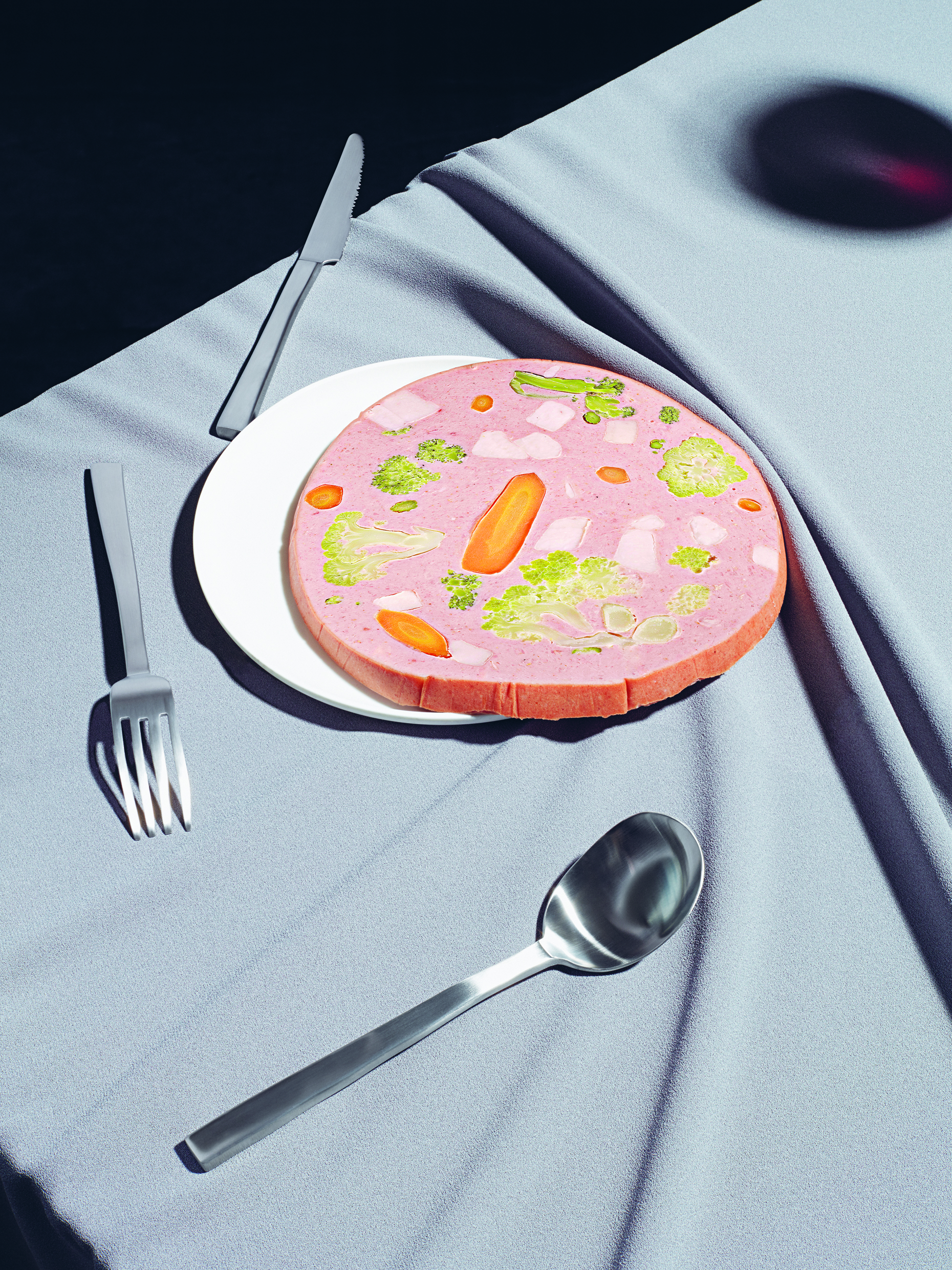
With works by:
Miho Aikawa (US) / Hanan Alkouh (KW) / Kosuke Araki (JP) / Bastian Austermann & Luisa Hilmer (DE) / Bee Collective (NL) / Dan Bossin & Tony Pilz (DE) / Bionicraft Co. (TW) / Burton Nitta (UK) / The Center for Genomic Gastronomy (IE) / Coopérative d’habitation Équilibre (CH) / Dycle (DE) / Andrew Forkes & Susana Soares (UK) / Fraunhofer Institut (DE) / Julian Frey (CH) / Paul Gong (TW) / Gottlieb Paludan Architects (DK) / Martí Guixé (ES/DE) / Noël Hochuli (CH) / René Kuntzag (DE) / Pei-Ying Lin (TW) / Livin Studio (AT/HK) / Julia Lohmann & Marcis Ziemins (DE/UK) / Isabel Mager (DE/NL) / Marina Mellado (UK) / Maurizio Montalti (IT) / Museo della Merda (IT) / Carolien Niebling (NL/CH) / José de la O (MX) / Klaus Pichler (AT) / Pro Specie Rara (CH) / Chloé Rutzerveld (NL) / Johanna Schmeer (DE) / Carolin Schulze (DE) / Gregg Segal (US) / Andrea Staudacher (CH) / George Steinmetz (US) / Austin Stewart (US) / Ina Turinsky & Andreas Wagner (DE) / Marije Vogelzang (NL) / Henk Wildschut (NL) / WormUp (CH) / Youtrition (CH) / Maria Zimmermann (CH) / and others

